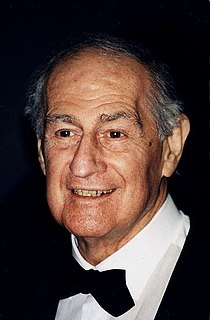A Quote by Gian Carlo Menotti
The creation of Spoleto was a social experiment. Because I've always suffered guilt from being a Catholic, when I was in my fifties I felt a need of being needed.
Related Quotes
By always looking out and always moving myself forward and being disciplined and being open to new experiences, I think that's how I was able to diversify because if it felt right to me creatively, I went for it. It didn't matter if I knew how to do that, I just did it because my creative heart felt pulled to it. That seems to have worked out.







































